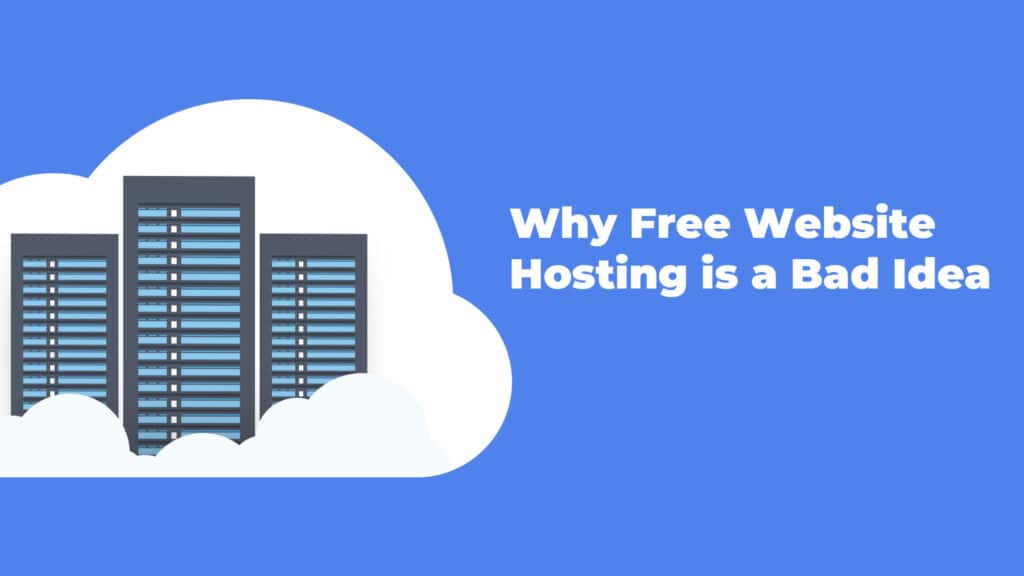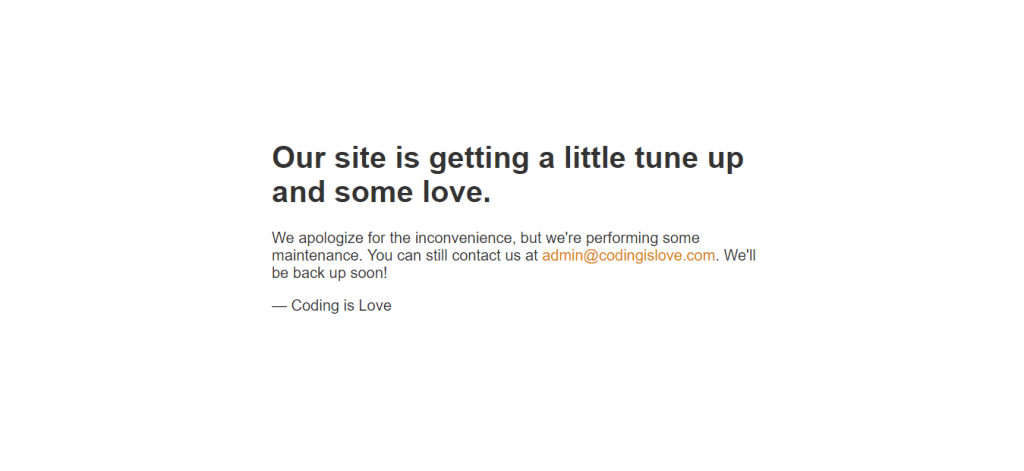Today, having a website is essential for individuals and businesses alike. As the demand for online presence continues to surge, the allure of free website hosting becomes increasingly enticing. With promises of zero financial commitment and instant accessibility, free hosting services seem like an ideal solution for those looking to establish their online presence without breaking the bank.
However, beneath the surface, there lie several hidden drawbacks that often overshadow the initial appeal. While the concept of free website hosting may appear advantageous at first glance, it is essential to understand the potential pitfalls and limitations that come with this seemingly cost-effective solution.
In this article, we will explore the drawbacks of free website hosting and shed light on why opting for this seemingly convenient choice can prove to be a double-edged sword.
Contents
Drawbacks of free website hosting
Just like everything, free website hosting has its own limitations, dare to dig.
1. Limited Features and Customization
Free website hosting services often come with significant limitations on features and customization options. These restrictions can hinder your ability to create a unique and fully functional website. Here are some common limitations associated with free hosting.
Free hosting providers typically impose strict limits on storage space and bandwidth usage. As your website grows, you may quickly exceed these limitations, leading to performance issues or even suspension of your site. Free hosting services often provide you with a subdomain (e.g., yoursite.freehosting.com) rather than allowing you to use your own domain name. This can render your website seem unprofessional and less credible. Free hosting platforms usually offer a limited selection of templates and themes. This can restrict your ability to build a visually captivating and user-friendly site that speaks about the brand.
2. Unreliable Uptime and Performance
Free website hosting providers often prioritize their paid customers, resulting in unreliable uptime and poor performance for free users. Here are some issues commonly associated with free hosting.
Free hosting services typically have limited server resources and a high number of websites sharing those resources. This can result in frequent downtime and slow loading times, negatively impacting user experience and search engine rankings. Free hosting providers may not offer reliable or responsive technical support. When issues arise, you may be left on your own to resolve them, causing frustration and potential disruptions to your website.
3. Advertisements and Lack of Control
To cover the costs of providing free hosting services, many providers display advertisements on websites hosted for free. These advertisements can be intrusive, distracting visitors from your content and tarnishing your brand image. Additionally, with free hosting, you have little to no control over the types of ads that are displayed on your website.
4. Security Risks and Vulnerabilities
Free website hosting services often lack robust security measures, making your website vulnerable to cyber threats and hacking attempts. Here are some security risks associated with free hosting.
Free hosting providers may offer minimal or no security features, such as SSL certificates, firewall protection, or regular backups. This leaves your website and its data at a higher risk of being compromised. Free hosting services typically host multiple websites on the same server. If one of the websites on the server is hacked or compromised, it can potentially affect all other websites on the server, including yours.
5. Limited Scalability and Future Growth
As your website grows, you may need to expand and add new features to accommodate increased traffic and user demands. Free website hosting often lacks the scalability and flexibility required for future growth. Here are some limitations you may encounter.
Free hosting services typically offer limited or no options for upgrading to more advanced hosting plans. This can restrict your ability to add features or handle increased traffic as your website expands. If you plan to sell products or services through your website, free hosting may not support the necessary e-commerce functionalities, such as secure payment gateways or shopping cart integration.
Conclusion
While the allure of free website hosting may be tempting, the drawbacks outweigh the benefits. Limited features, customization restrictions, unreliable uptime and performance, intrusive advertisements, security risks, and limited scalability make free hosting a bad idea for your website. Investing in a reputable hosting provider not only ensures better performance, reliability, and security but also provides you with the flexibility and control to create a professional online presence that aligns with your goals. Remember, your website represents your brand, and it’s worth investing in a hosting solution that supports its success.



